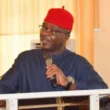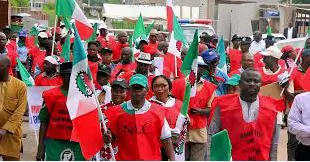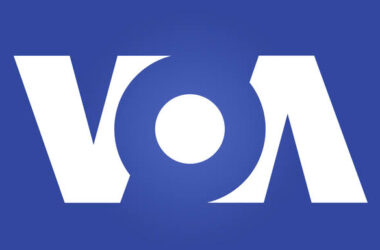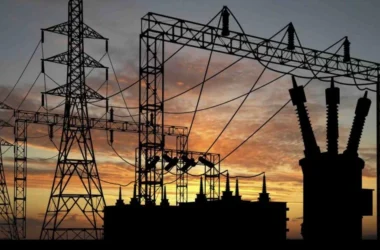The condition of Nigerian workers continues to be a source of concern, with labour unions across the country calling for a review of the N70,000 minimum wage.
As the country observes May Day 2025, the Nigeria Labour Congress (NLC) and the Trade Union Congress (TUC) have raised alarms over the challenges faced by workers due to rising inflation and economic policies that have worsened living conditions.
According to reports, organised labour leaders argue that the current minimum wage no longer reflects the cost of living, particularly after the fuel subsidy removal in 2023 and the devaluation of the naira.
In a series of interviews with local media outlets, they noted that despite assurances from President Bola Tinubu that his administration would provide workers with a “living wage,” the reality on the ground is much different.
Workers continue to struggle as inflation drives up the prices of essential goods and services, leaving the N70,000 minimum wage effectively meaningless.
In Bayelsa State, the Chairman of the Trade Union Congress, Julius Laye, spoke to the press about the severe challenges Nigerian workers face. He listed the introduction of new taxes, tariff hikes, and the removal of fuel subsidies as key factors that have contributed to the rising cost of living. He pointed out that even the minimum wage is insufficient to cover basic health care needs, highlighting the stark contrast between the ability of government officials to access quality medical care abroad and the reality for the average worker in Nigeria.
Laye stated, “You know that the government introduced several taxes, and the hike in tariffs has impacted the workers negatively. The economic policies and the removal of subsidies have led to hyperinflation, so the minimum wage has become inadequate.”
In Ebonyi State, NLC Chairman, Prof. Oguguo Egwu, and TUC counterpart, Comrade Igwe Chidi, shared similar concerns about the economic hardship facing workers. They noted that the current N70,000 minimum wage, which was only recently implemented, is no longer enough to meet the needs of workers in the state. Egwu also stressed the urgent need for a review of the National Minimum Wage Act, which mandates a wage review every three years.
“The hardship in Nigeria, not just in Ebonyi State, is unprecedented. If you look into the face of a typical Nigerian worker, it is filled with wrinkles, darkened, deep and of course every face of a typical Nigerian worker tells the story of a multi-dimensional poverty,” Egwu said.
Labour leaders in other states, including Rivers, Imo, and Niger, also voiced their dissatisfaction with the current economic situation, stressing that inflation continues to outpace the N70,000 minimum wage. In Rivers State, NLC Chairman Alex Agwanwor blamed the high cost of goods and services under President Tinubu’s administration for further undermining workers’ pay.
“We haven’t fared better at all. Inflation is very high and has impacted heavily on workers’ pay,” Agwanwor said. He also called for an immediate review of workers’ wages, suggesting that the current minimum wage is no longer enough to sustain workers in the face of the rising cost of living.
In Niger State, TUC Chairman Ibrahim Gana described the situation as “pathetic,” pointing out that rising electricity tariffs, fuel prices, and transportation costs have eroded whatever gains workers made from the minimum wage increase. “It’s just as if we are not even working. You collect your salary as if you didn’t even get it and then coupled with all the hardship, all the inflation,” Gana said.
Senate President Godswill Akpabio, however, offered some words of encouragement to Nigerian workers during the May Day celebration. He commended workers for their resilience and hard work in the face of ongoing socio-economic challenges, and he assured that the National Assembly would continue to prioritize workers’ welfare.
Akpabio, who made his remarks through a statement from his Special Adviser on Media and Publicity, Eseme Eyiboh, reiterated that the legislative and executive arms of government would collaborate to address workers’ concerns and improve their working conditions.
“Today, we celebrate the hard work and dedication of Nigerian workers. We, in the Senate and of course, the National Assembly, acknowledge your invaluable contributions to our nation’s development,” Akpabio said. He added that the 10th National Assembly would ensure that the rights of workers are upheld, and that the government would not “shirk its responsibility” to improve the welfare of workers across the country.










